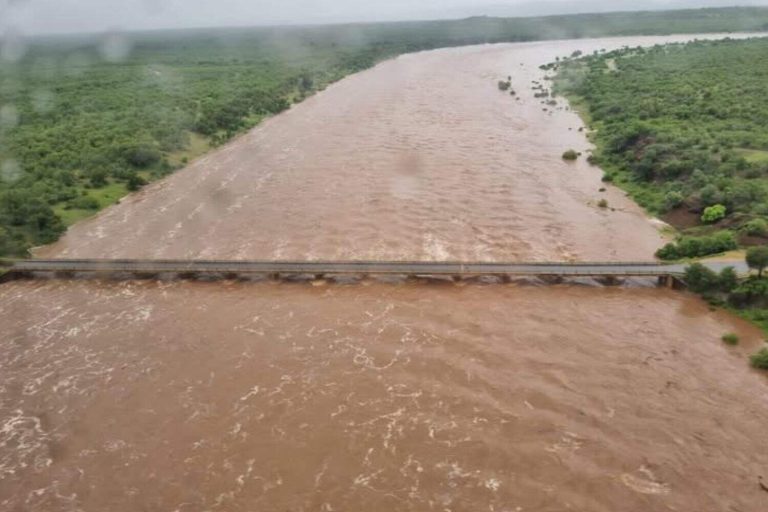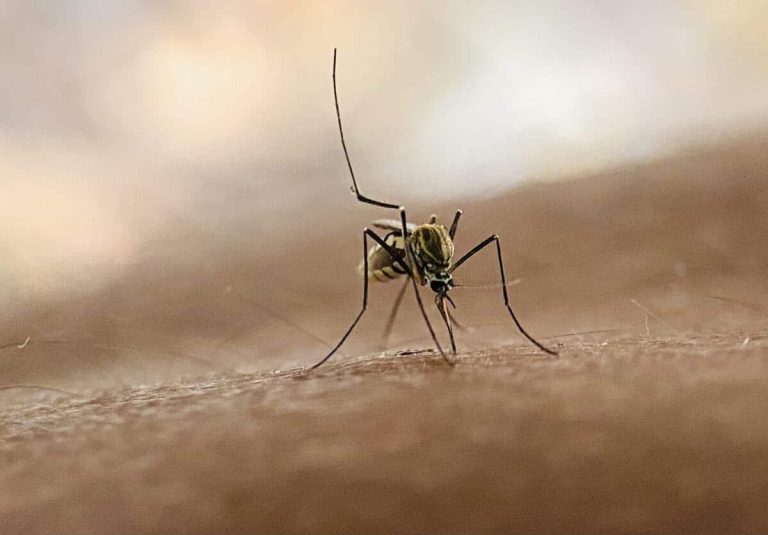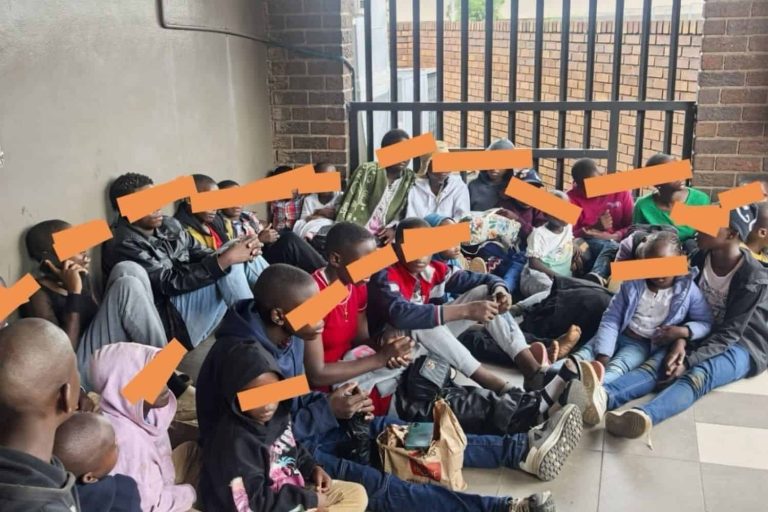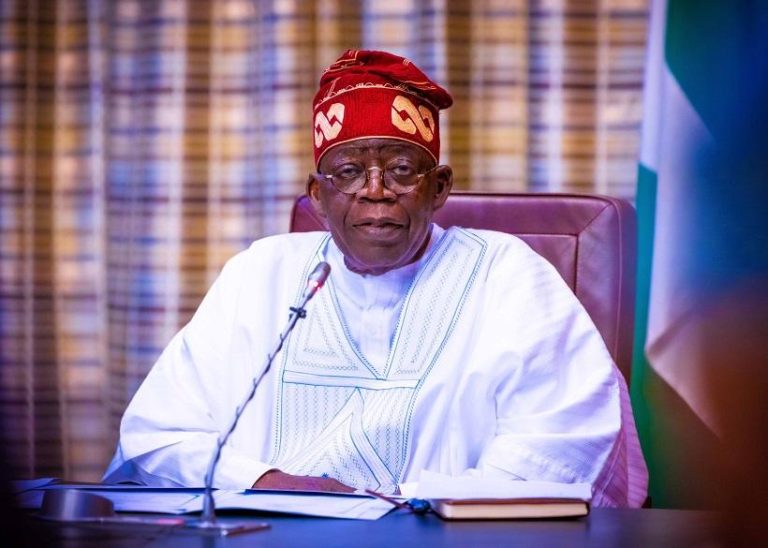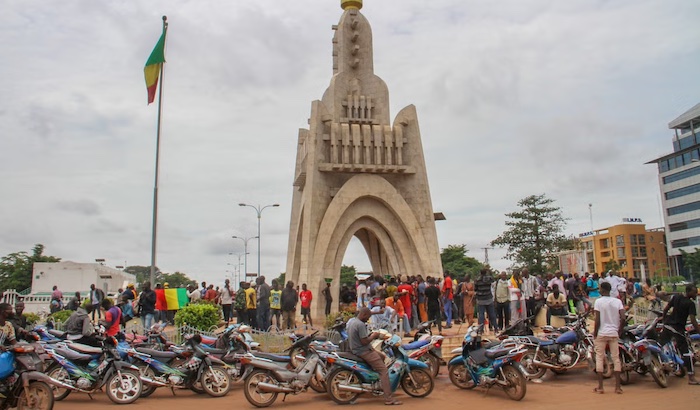
Mali has closed all schools and universities nationwide starting Sunday due to an acute fuel shortage caused by a blockade on fuel imports imposed by jihadi militants on the capital, Bamako.
Education Minister Amadou Sy Savane announced on state television that classes would be suspended for two weeks “due to disruptions in fuel supplies that are affecting the movement of school staff.”
The crisis stems from a ban announced in early September by militants from the al-Qaida-backed Jama’at Nusrat al-Islam wal-Muslimin group, who prohibited the importation of fuel from neighbouring countries into Mali. The blockade has severely strained the landlocked country’s fragile economy, leaving hundreds of fuel trucks stranded at the border.
Mali, alongside Burkina Faso and Niger, continues to battle insurgencies led by armed groups affiliated with al-Qaida, the Islamic State, and local rebels. Following successive military coups in the three nations, French forces were expelled and replaced with Russian mercenary units, though analysts say their involvement has brought little improvement.
In Bamako, long queues have formed at petrol stations, while the scarcity has driven up the prices of goods and transportation. For a nation dependent on fuel imports, the blockade poses a major setback for Mali’s military junta, which seized power in 2020 claiming it was necessary to end years of insecurity.
The Malian military has tried to escort some fuel trucks from border regions to the capital. While some successfully arrived, others were reportedly attacked by militants.
The education minister said Sunday that authorities were “doing everything possible” to restore normal fuel supplies before schools resume classes on November 10.
Faridah Abdulkadiri
